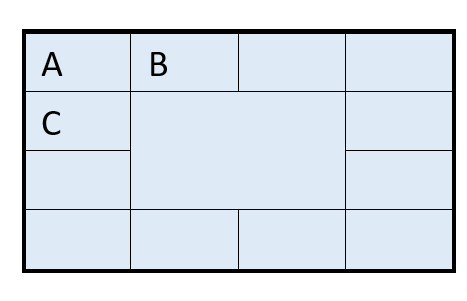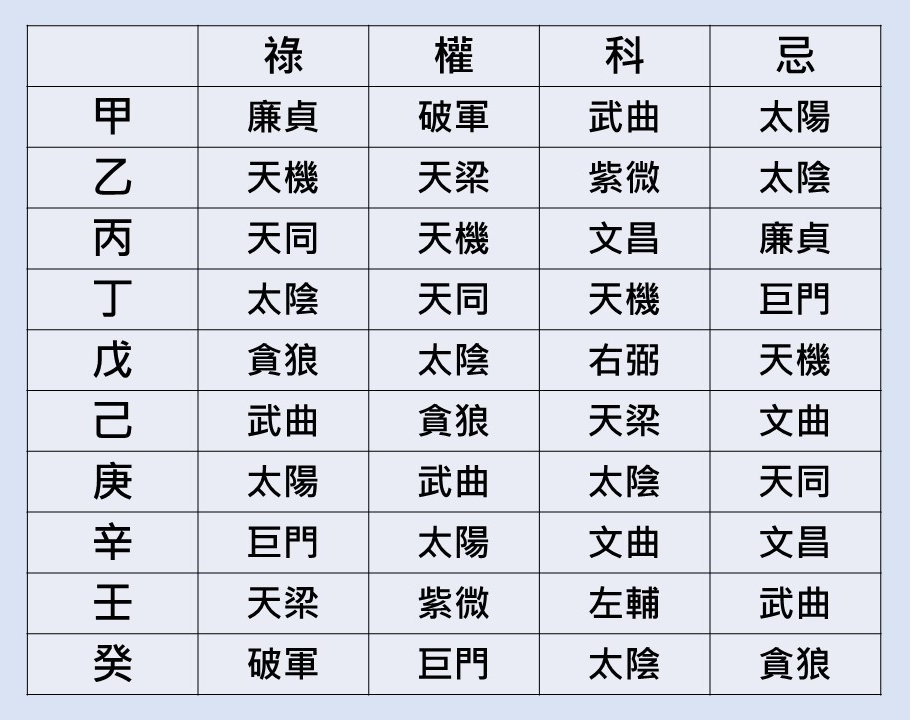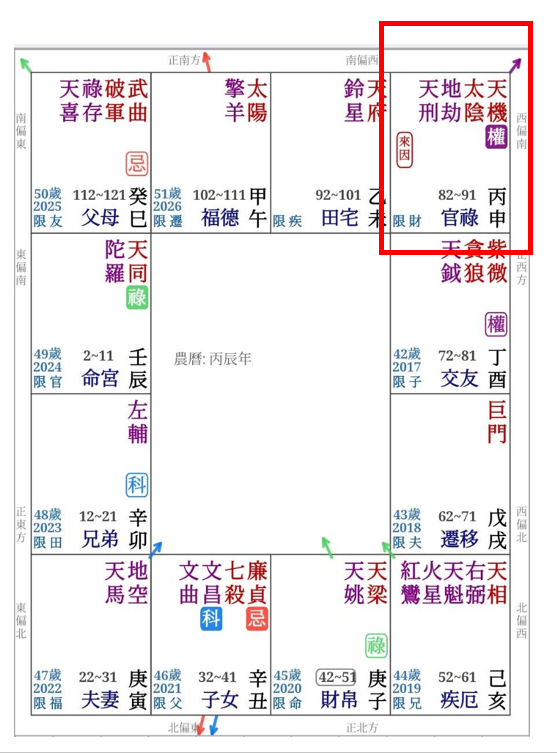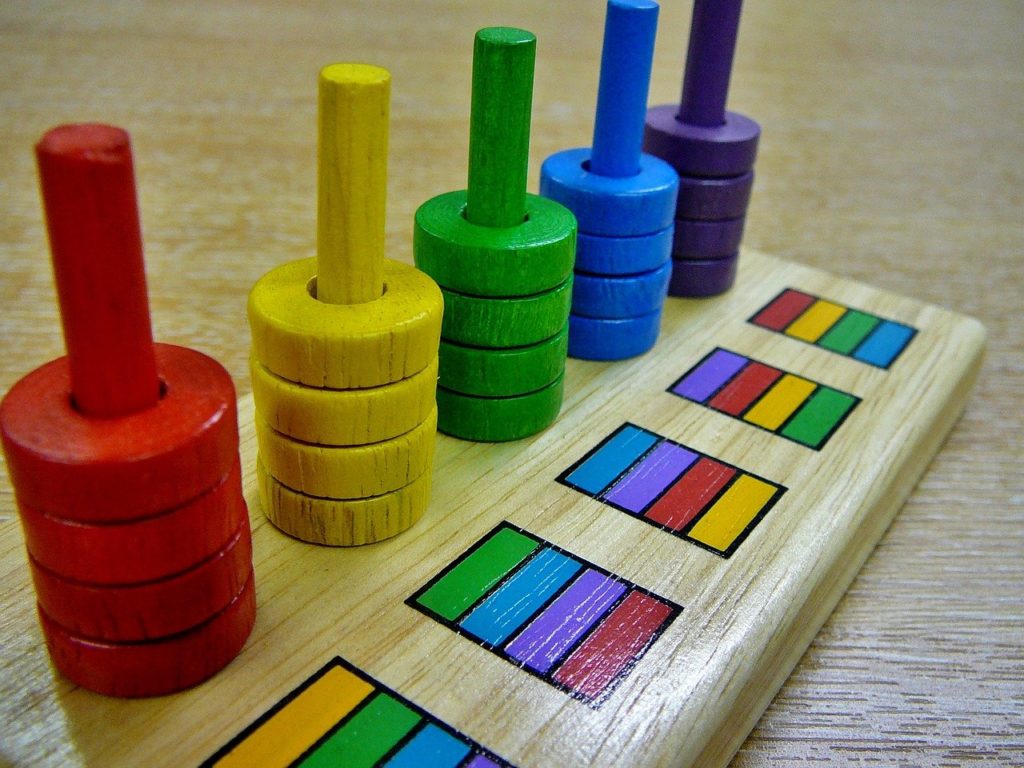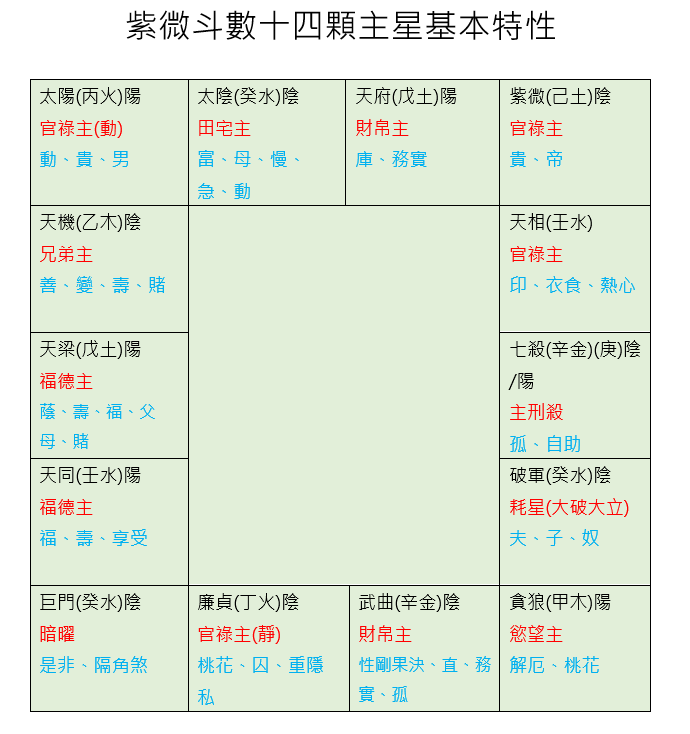Learn a lot of Mandarin but still don’t know what to do in a restaurant? Check out the following sentence when you want to use Mandarin to order food and drink.
ordering food and drink sentence 1

有幾位yǒu jǐ wèi? How many of you?
When you walk into a restaurant, this is probably be the first sentence the waiter may ask you. You only need to tell them how many of you, like “三個sān gè ”,which means “3 in total”.
ordering food and drink sentence 2

冰塊甜度正常嗎bīng kuài tián dù zhèngcháng ma? Is the ice cube sweetness normal?
In Taiwan, when ordering drink in a tea shop, we can ask for customized products on request for ice cubes and sweetness. Because of this, the shopper always ask this sentence for making sure if you need to adjust anything or not.
If you just want everything as their standard, just tell them “對,正常就好duì, zhèngcháng jiù hǎo”.
If you don’t like that sweet, then you can say “少糖shǎo tang”, which means less sugar. If you don’t like too cold, then you can say either “去冰qù bīng” or “少冰shǎo bīng”, which means “no ice” or “less ice”.
ordering food and drink sentence 3
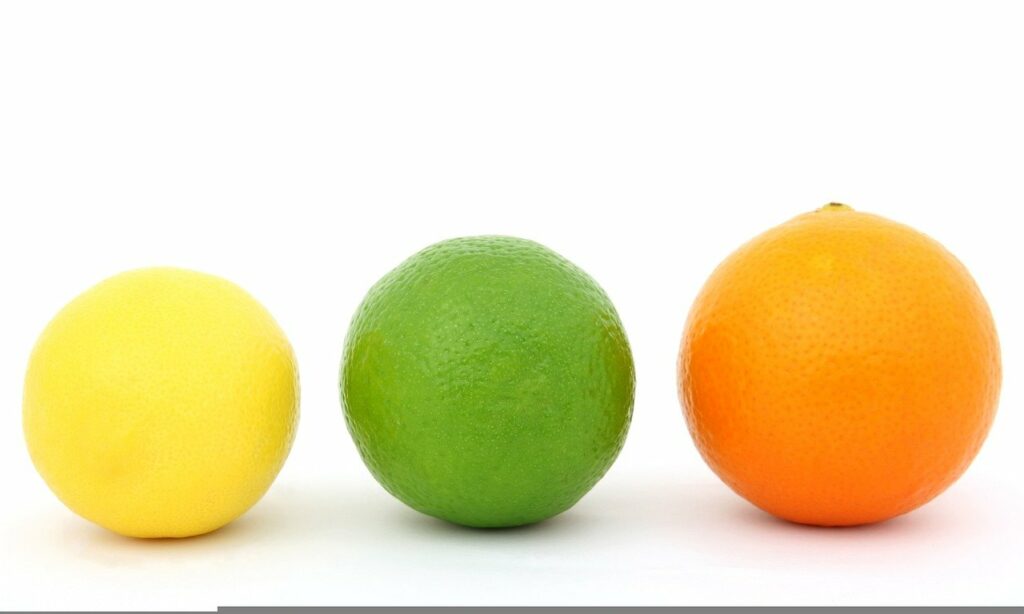
大的還是小的dà de háishì xiǎo de? big or small
When order either drink or meal, sometimes we can choice the size. For meals, normally have two different size – big or regular. The shopper may ask you this question in order to make sure what’s your order.
We only need to answer the size we want, like”大的” for bigger one and “小的” for the regular one.
For drinks, there are normally have 3 choices: tall, grande and venti, in Mandarin we say 小杯、中杯、大杯xiǎo bēi, zhōng bēi, dà bēi,which means “small cup, medium cup, big cup”. We just answer cording to what we want.
ordering food and drink sentence 4

要不要加辣yào bùyào jiā là? Do you want to add spicy
In Taiwan, basically we don’t really chilly or other hot food. But we can have our own option when eating. So, when you take out your meals, the shopper may ask about if you like some chili sauce or not.
We can reply as:
“不用了,謝謝búyòngle, xièxiè”, which means “no, thanks” or
“加一點jiā yīdiǎn”, which means “yes, a little” or
“要,多加一點yào, duōjiā yīdiǎn”, which means “yes, add more”.
ordering food and drink sentence 5

外帶還是內用/這裡吃還是帶走wàidài háishì nèi yòng/zhèlǐ chī háishì dài zǒu? Take out or use in / eat here or take away
In some food shops, we order in the entrance or front counter. Waiter needs to know if the customer want to eat in store or take their meals out.
If you want to eat in store, you can say either ” 內用” or “這裡吃”. Once more notification, In Taiwan we don’t really give tips even you eat in-store.
If you want to take out, you can say either “外帶” or “帶走”.
As for the left over, you can say “請幫我打包qǐng bāng wǒ dǎbāo”, then the waiter will pack your food and give it to you. But you may be charged because of bag.
ordering food and drink sentence 6

加一樣料加OO塊錢 jiā yīyàng liào jiā OO kuài qián Add OO bucks for one extra ingredients
In Taiwan, there are a lot of drink shops and shaved ice shops. Normally they have their own set, like “布丁奶茶bùdīng nǎichá (pudding milk tea)”. You will get budding in your milk tea. How about if you want to add another jelly?
You can ask “加一種料加多少錢Jiā yīzhǒng liào jiā duōshǎo qián(How much does it cost to add one extra stuff)?”
The shop owner will answer you this: 加一樣料加OO塊錢 jiā yīyàng liào jiā OO kuài qián/ Add OO bucks for one extra stuff. Or they will just say the price, like “五塊wǔ kuài (five dollars)”
ordering food and drink sentence 7

冰的還是熱的bīng de háishì rè de? cold or hot
When ordering drink, some items we need to mention we want hot or cold. If the customer doesn’t tell the waiter what they want, then the waiter will ask “冰的還是熱的bīng de háishì rè de”, in order to make sure the order.
What should we answer?
If you want cold, just say ” 冰的bīng de”
If you want hot, just say “熱的rè de”
If you want hotter, just say “熱一點rè yīdiǎn”
ordering food and drink sentence 8

請先買單/付款qǐng xiān mǎidān/fùkuǎn Please pay/pay first
In Taiwan, some stores may ask you to pay first, some store may let you to pay after finishing your meal. How do I know if I need to pay first? When you hear or see this sentence “請先買單/付款qǐng xiān mǎidān/fùkuǎn”, means you need to pay when you make your order.
ordering food and drink sentence 9

這是菜單,要點菜的時候叫我zhè shì càidān, yàodiǎn cài de shíhòu jiào wǒ This is the menu, call me when you order
When we walk into a restaurant, the waiter will give us enough time to decide what we want to order, they will say “這是菜單,要點菜的時候叫我zhè shì càidān, yàodiǎn cài de shíhòu jiào wǒ”.
Whenever you make your decision what to order, just raise your hand, and they will come to ask you.
ordering food and drink sentence 10

要什麼口味yào shénme kǒuwèi? what flavor do you want
When we order foods like ice cream or sweets, the waiter may ask us “要什麼口味yào shénme kǒuwèi”. What is the answer? Just tell them what flavor you want, like “草莓cǎoméi strawberry” or “巧克力 qiǎokèlì chocolate” or “原味 yuánwèi original”.
you may interesting in Special Food Name Need to Know when Traveling in Taiwan
Here are you can read about 10 need-to-know Mandarin Chinese sentences in Taiwan
Here you can read about Top 10 NOT-recommended Foods when you are traveling in Taiwan
If you are interesting in us, you can get more information about us Here


